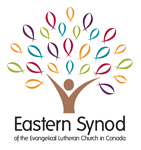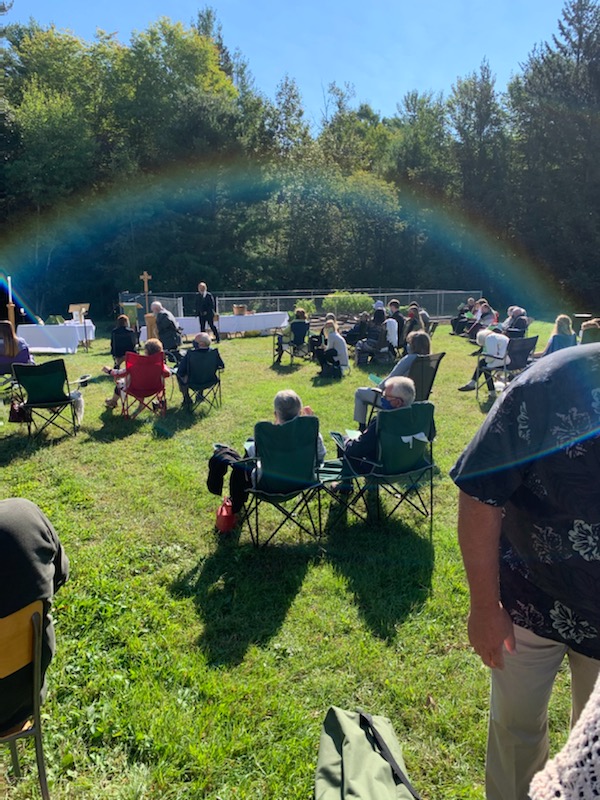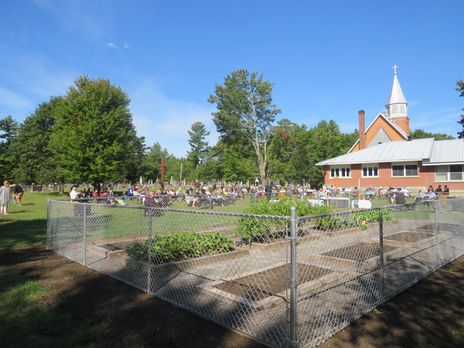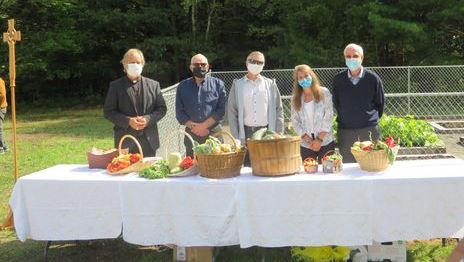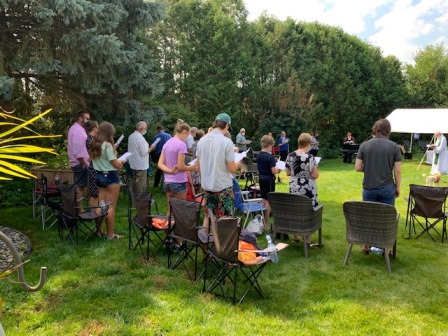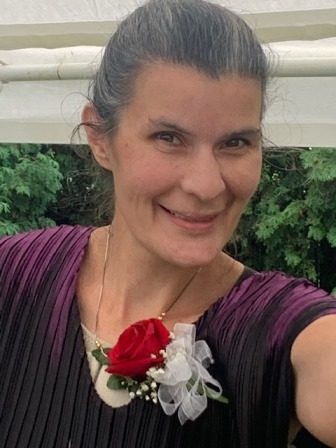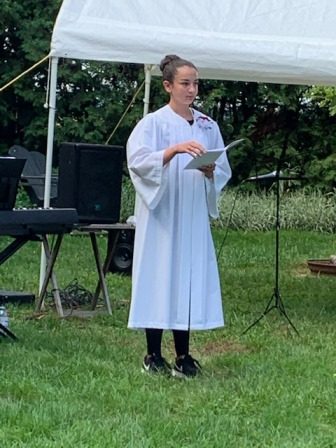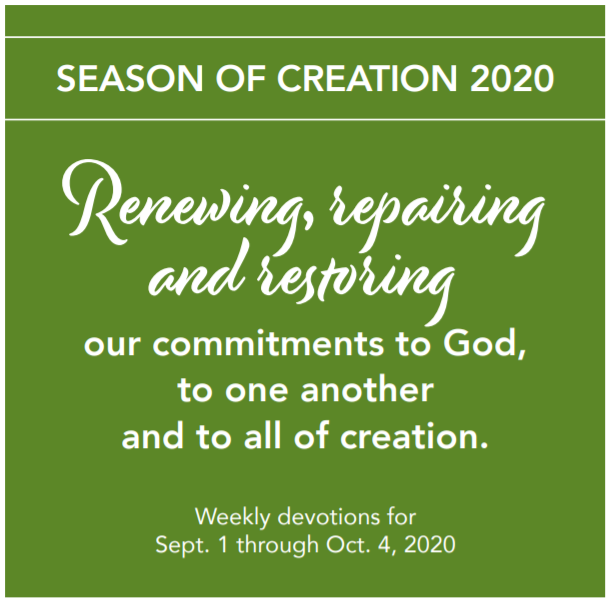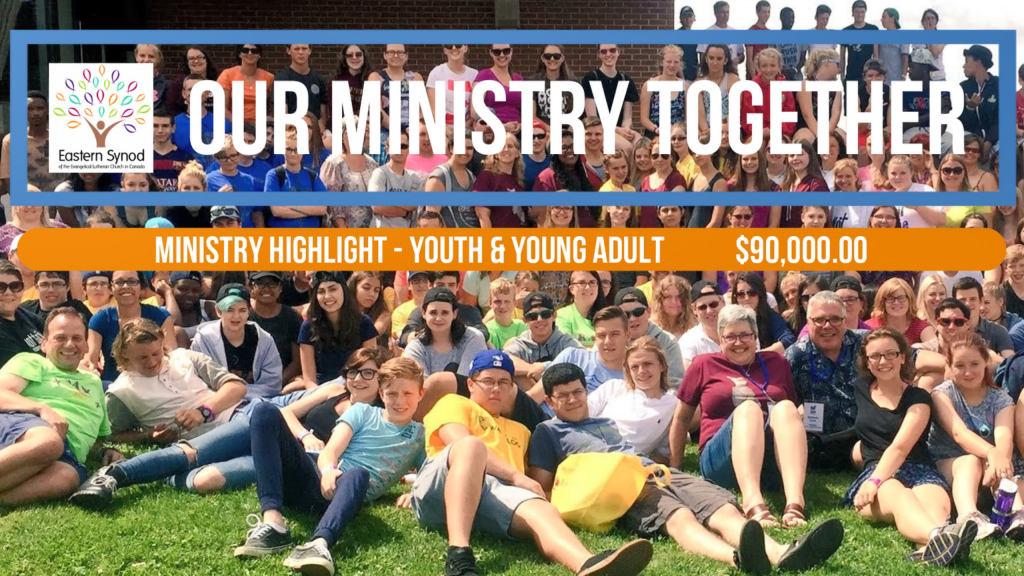
‘Our Ministry Together’ is a new series of short videos intended to highlight and celebrate areas of our common mission across the Eastern Synod.
Each month we will spend time hearing from, seeing, and learning about our synodical ministries, many of which are funded through congregational benevolence.
In our first video, we hear from Rev. Christie Morrow-Wolfe about Youth & Young Adult Ministries. Despite a pandemic, learn how this area of our missional outreach has found a way to pivot and thrive! The gospel is shared – the good news proclaimed!
Thank you for your gifts of prayer and financial support!
This is, indeed, our ministry together!
We invite you to share these videos on social media, in virtual worship services, and during in-person gatherings. Videos can be downloaded through BOX.
For more information about the “Our Ministry Together” project, or to submit photos that highlight out Eastern Synod ministries for upcoming videos, please contact Rev. Adam Snook (asnook@elcic.ca)
